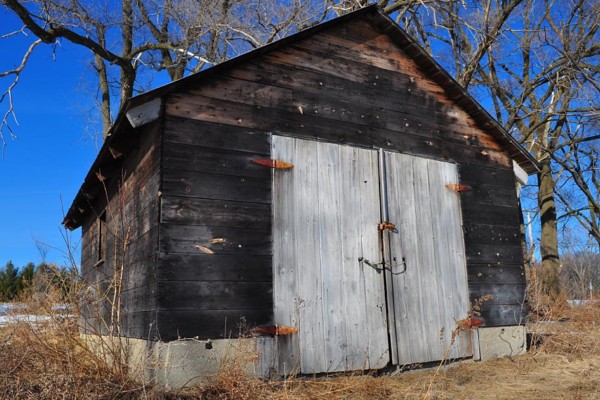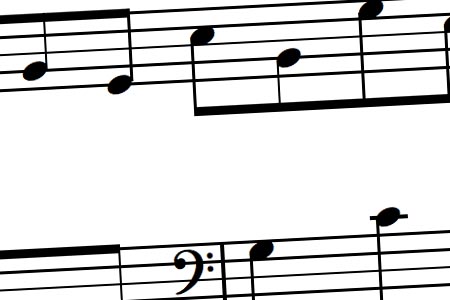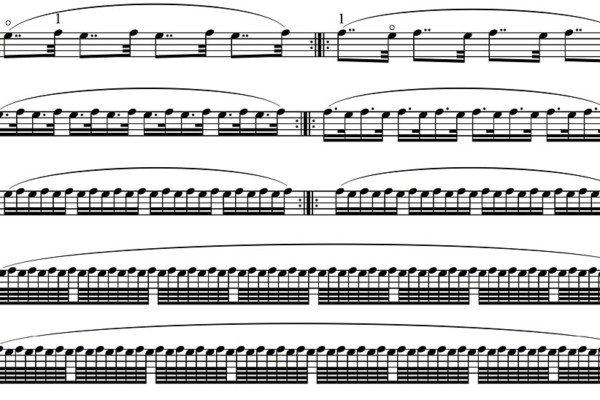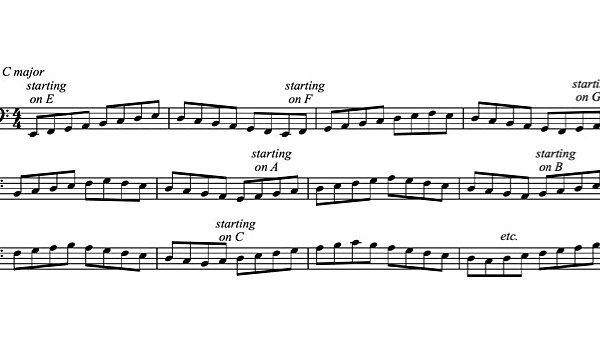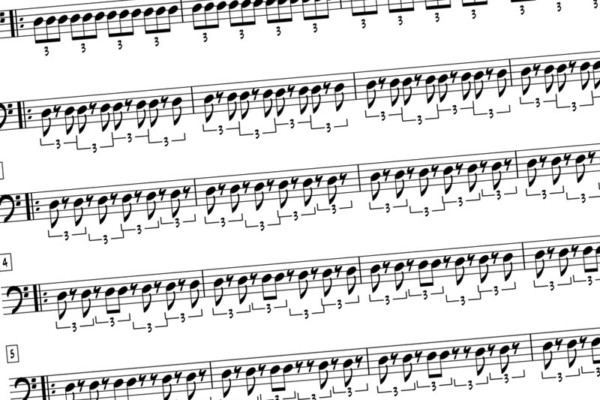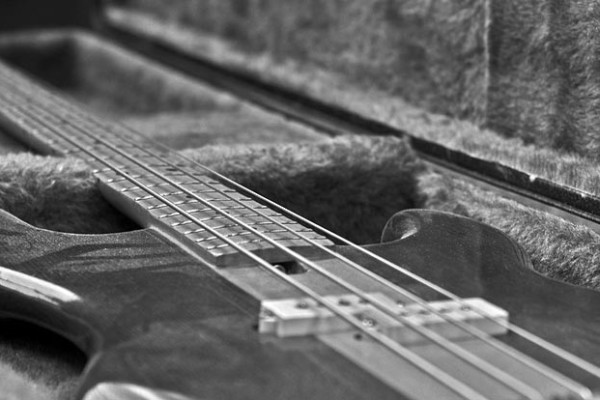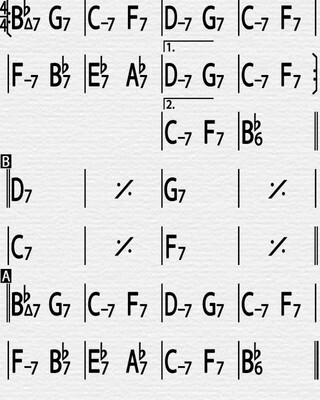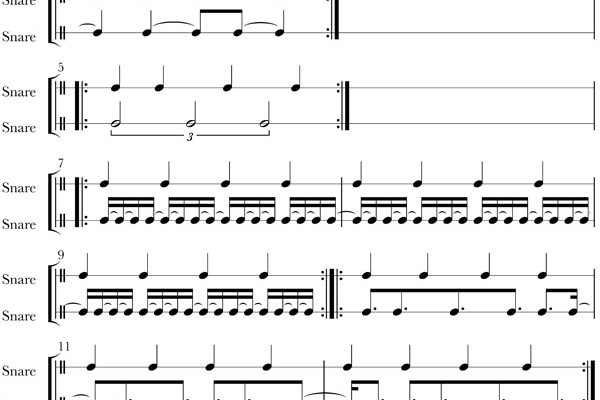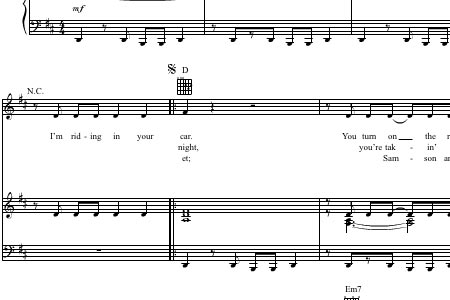Practicing Archives - Page 10
Bass Players: Get Out of the Shed and Into the World
Q: I practice a lot, but I don’t get to play music with other people all that often. How important do you think it is that I play with other actual humans? A: The short answer? Extremely important. There is no shortage of reasons why this is important, but here are the most important in my book: Feedback! What you...
Arpeggio Work for Bass Players: A Daily Practice Routine
I have mentioned previously that our daily scale practice should include arpeggio work. There are numerous ways to approach this, and most scale books devote some time to various approaches to arpeggios. I find the patterns below to be good solid foundational patterns for any bassist’s daily routine. The patterns below are presented in C major, but should be applied...
Trill Exercises for Bassists
For better or worse, trills grab the listeners attention. If a trill is quick, clear and under the performer’s control it can generate excitement in the listener. If it is slow, clumsy and uncontrolled, however, it can have a most deleterious effect. To ensure trills are at our command, we should train our fingers to execute them well. The exercise...
Creating Bass Lines: Getting Your Mind Right
Q: I’m struggling with the thought process behind coming up with bass lines. What advice would you give for ways to approach and think about constructing lines? A: This is another question that is ripe for comments, as everyone probably has something unique to them going through their minds when developing a bass line. To start, a lot of what...
Progressive Scales: A Bass Player’s Guide to Learning Scales and Improving Reading Ability
I’ve written in the past about the importance of scale work to solidify instrumental technique (see the Lowdown archives for those columns and more). If we are new to learning a particular scale it is probably wise to start by playing from root to root (e.g. C-C in C major) until we are comfortable. This may prove helpful at first,...
Getting Over Extended Range (and Other Musical) Ruts
Q: I’ve been playing bass for many years, and started playing the 6-string bass only about six years ago. I’m currently stuck in a dormant sludge of un-creativity! Any thoughts on who offers a good 6-string finger exercise, scale patterns, a book or even a good video? I can’t seem to get out of the same old riffs… I’m not...
Triplets: A How To Guide to Timing and Practice
Q: Can you give me some exercises to play with a triplet feel? I’d also love a comparision of how the division is different from a binary feel. A: Simply put: A triplet is kind of like shifting the time where you can fit three notes in the space of two: A half-note triplet is when you fit three half...
Climbing Out of that Rut: A Guide for Musicians
Q: I’ve been feeling like I’m stuck in a rut lately. Do you have any advice for how to climb out of this thing?? A: To start, I want to say that ruts can be a good thing, because they’re usually followed by a breakthrough. The trick is that you have to push your way through and never let it...
Progressions: A Guide to Making Practice Productive and Fun
Q: I’m just now three weeks in to my bass lessons so I apologize for the “newb” question. Where can I go to find songs in a specific chord progression that I can play along with? For instance, I’ve learned 12 bar blues in G Major. Now I’m doing web searches to find tunes I can apply what I’ve learned....
Exploring Polyrhythms: A Practice Guide
Q: What is a “polyrhythm”, and how can I use them? A: Technically speaking, a polyrhythm is exactly what it says… more than one rhythm happening at the same time. This could be a Cascara rhythm combined with a Clave, or even just a swing pattern on the ride along with the hi-hat on 2 and 4. I find African,...
Expanding Your Voice on Bass: Inflections and Articulations
Q: I notice bassists adding what I would call a “slur”, but I think the correct term would be trill at the end of lines and phrases. I really dig the effect, but my hands and mind are not naturally inclined to do this. What would you recommend to help me work on this? A: As with any technique, the...
Learning the Song – Part 2: Comparing and Contrasting Multiple Versions of a Tune
Welcome to Part 2 of “Learning the Song.” If you checked out the first part of this series, you’ll be familiar with some of the essential elements of learning a song, such as the key, the chord progressions, the form, and so on. Learning “the song” is a great exercise in ear training, adapting theory rules and being prepared for...
